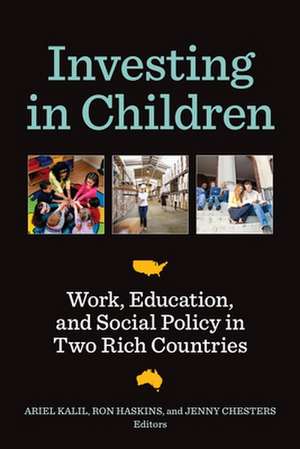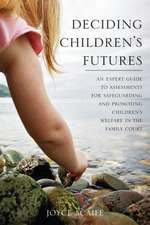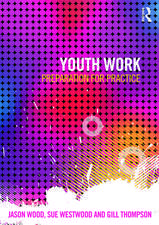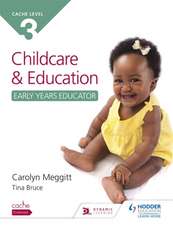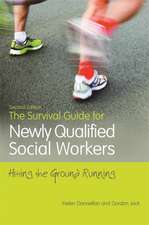Investing in Children: Work, Education, and Social Policy in Two Rich Countries
Editat de Ariel Kalil, Ron Haskins, Jenny Chestersen Limba Engleză Paperback – 18 mai 2012
Investing in Children: Work, Education, and Social Policy in Two Rich Countries presents new research by leading scholars in Australia and the United States on economic factors that influence children's development and the respective social policies that the two nations have designed to boost human capital development.
The volume is organized around three major issues: parental employment, early childhood education and child care, and postsecondary education. All three issues are intimately linked with human capital development. Since both Australia and the United States have created extensive policies to address these three issues, there is potential for each to learn from the other's experiences and policies. This volume helps fulfill that potential.
The authors demonstrate that in both nations, the effects of low family income and income inequality emerge early in life and persist. However, policies that increase parental employment, augment family income, and promote quality preschool and postsecondary education can boost children's development and at least partially offset the negative developmental effects of family economic disadvantage.
The volume is organized around three major issues: parental employment, early childhood education and child care, and postsecondary education. All three issues are intimately linked with human capital development. Since both Australia and the United States have created extensive policies to address these three issues, there is potential for each to learn from the other's experiences and policies. This volume helps fulfill that potential.
The authors demonstrate that in both nations, the effects of low family income and income inequality emerge early in life and persist. However, policies that increase parental employment, augment family income, and promote quality preschool and postsecondary education can boost children's development and at least partially offset the negative developmental effects of family economic disadvantage.
Preț: 273.67 lei
Nou
Puncte Express: 411
Preț estimativ în valută:
52.36€ • 54.68$ • 43.24£
52.36€ • 54.68$ • 43.24£
Carte tipărită la comandă
Livrare economică 15-29 aprilie
Preluare comenzi: 021 569.72.76
Specificații
ISBN-13: 9780815722021
ISBN-10: 0815722028
Pagini: 246
Ilustrații: illustrations
Dimensiuni: 152 x 229 x 20 mm
Greutate: 0.36 kg
Ediția:New.
Editura: Brookings Institution Press
Colecția Brookings Institution Press
ISBN-10: 0815722028
Pagini: 246
Ilustrații: illustrations
Dimensiuni: 152 x 229 x 20 mm
Greutate: 0.36 kg
Ediția:New.
Editura: Brookings Institution Press
Colecția Brookings Institution Press
Notă biografică
Ariel Kalil is a professor at the Harris School of Public Policy at the University of Chicago, where she also directs the Center for Human Potential and Public Policy. Ron Haskins is a senior fellow in the Economic Studies program at the Brookings Institution. Jenny Chesters is a postdoctoral fellow with the Faculty of Education at the University of Canberra.
Descriere
Investing in Children: Work, Education, and Social Policy in Two Rich Countries presents new research by leading scholars in Australia and the United States on economic factors that influence children's development and the respective social policies that the two nations have designed to boost human capital development.
The volume is organized around three major issues: parental employment, early childhood education and child care, and postsecondary education. All three issues are intimately linked with human capital development. Since both Australia and the United States have created extensive policies to address these three issues, there is potential for each to learn from the other's experiences and policies. This volume helps fulfill that potential.
The authors demonstrate that in both nations, the effects of low family income and income inequality emerge early in life and persist. However, policies that increase parental employment, augment family income, and promote quality preschool and postsecondary education can boost children's development and at least partially offset the negative developmental effects of family economic disadvantage.
The volume is organized around three major issues: parental employment, early childhood education and child care, and postsecondary education. All three issues are intimately linked with human capital development. Since both Australia and the United States have created extensive policies to address these three issues, there is potential for each to learn from the other's experiences and policies. This volume helps fulfill that potential.
The authors demonstrate that in both nations, the effects of low family income and income inequality emerge early in life and persist. However, policies that increase parental employment, augment family income, and promote quality preschool and postsecondary education can boost children's development and at least partially offset the negative developmental effects of family economic disadvantage.
